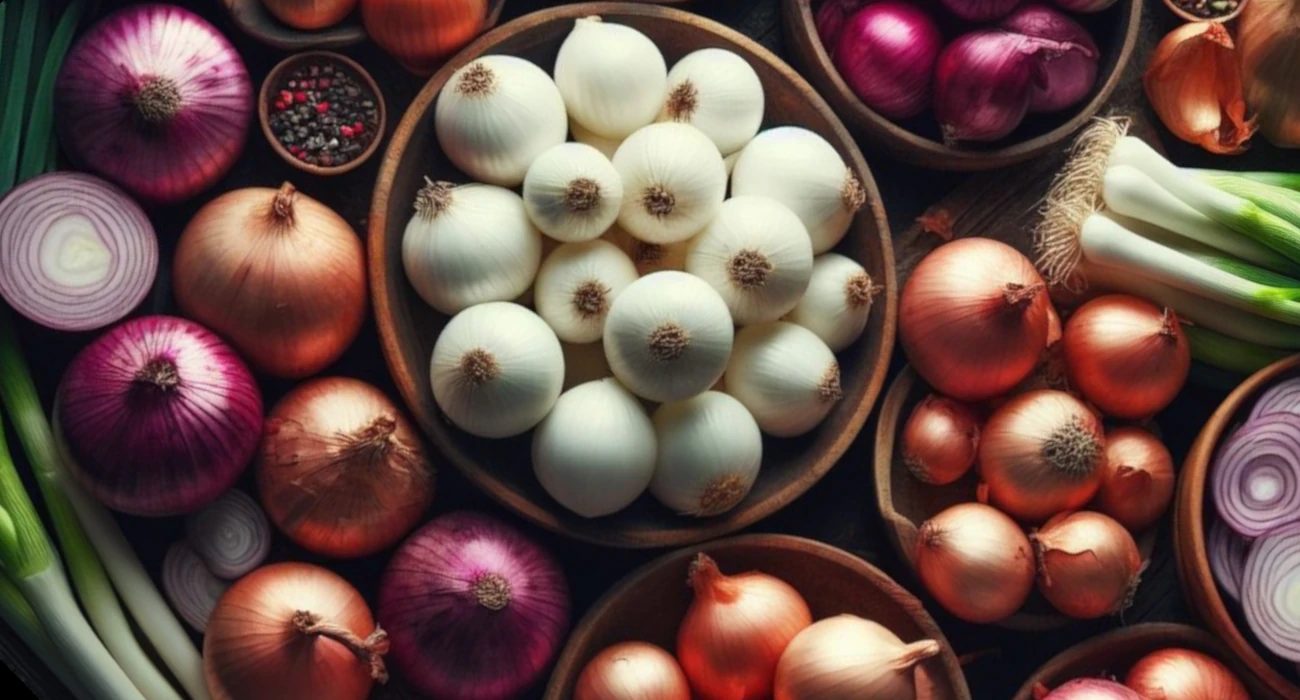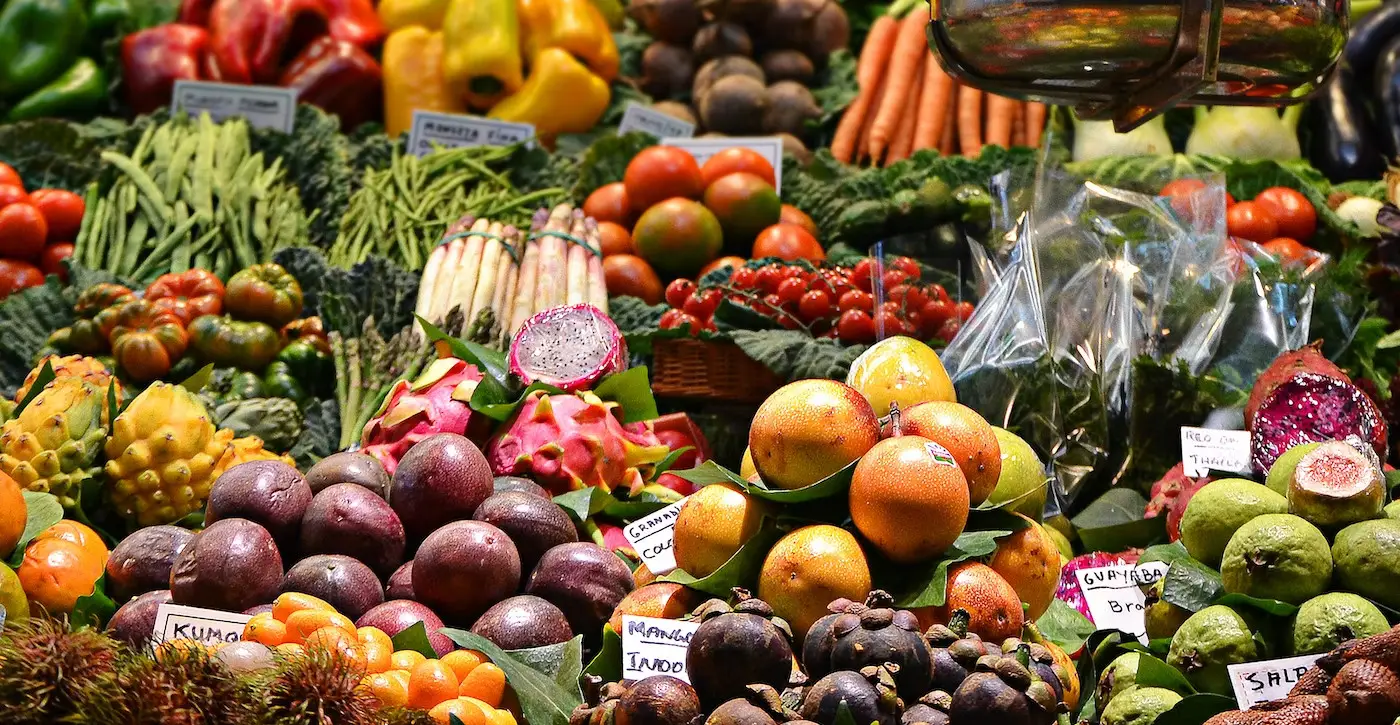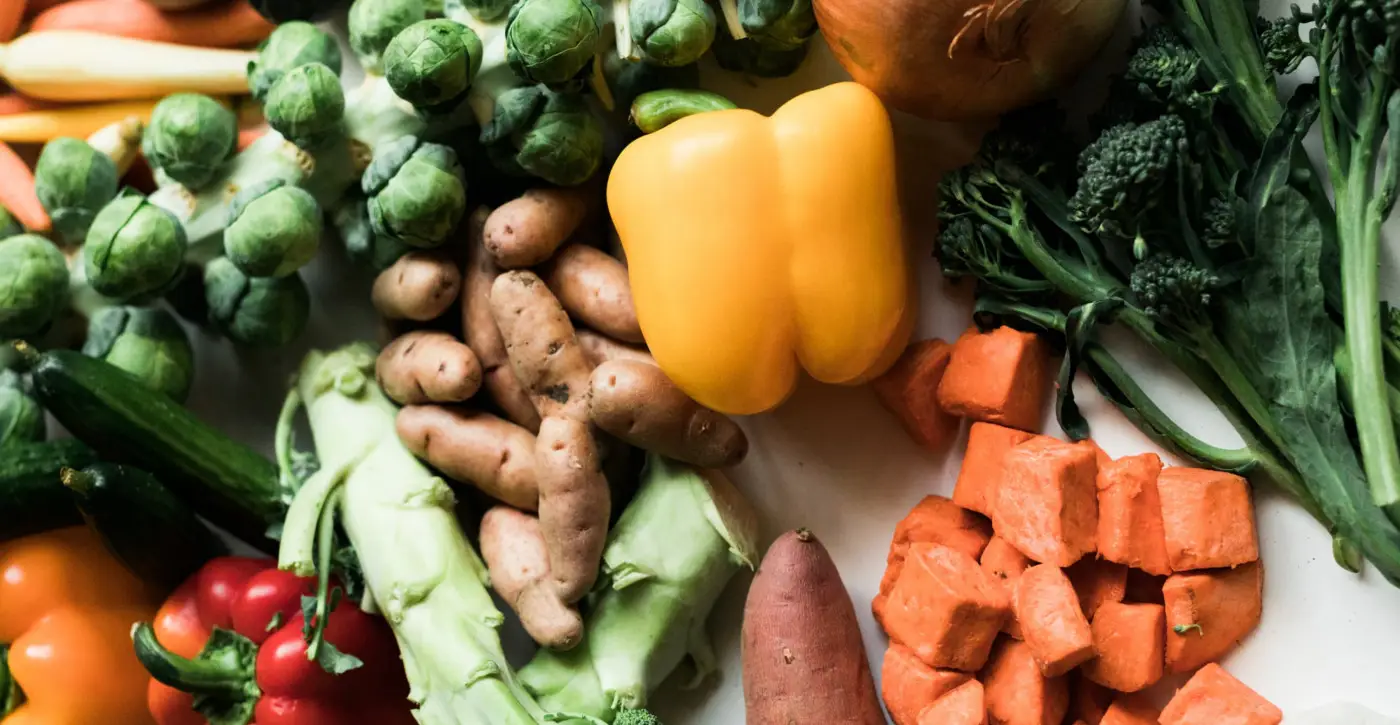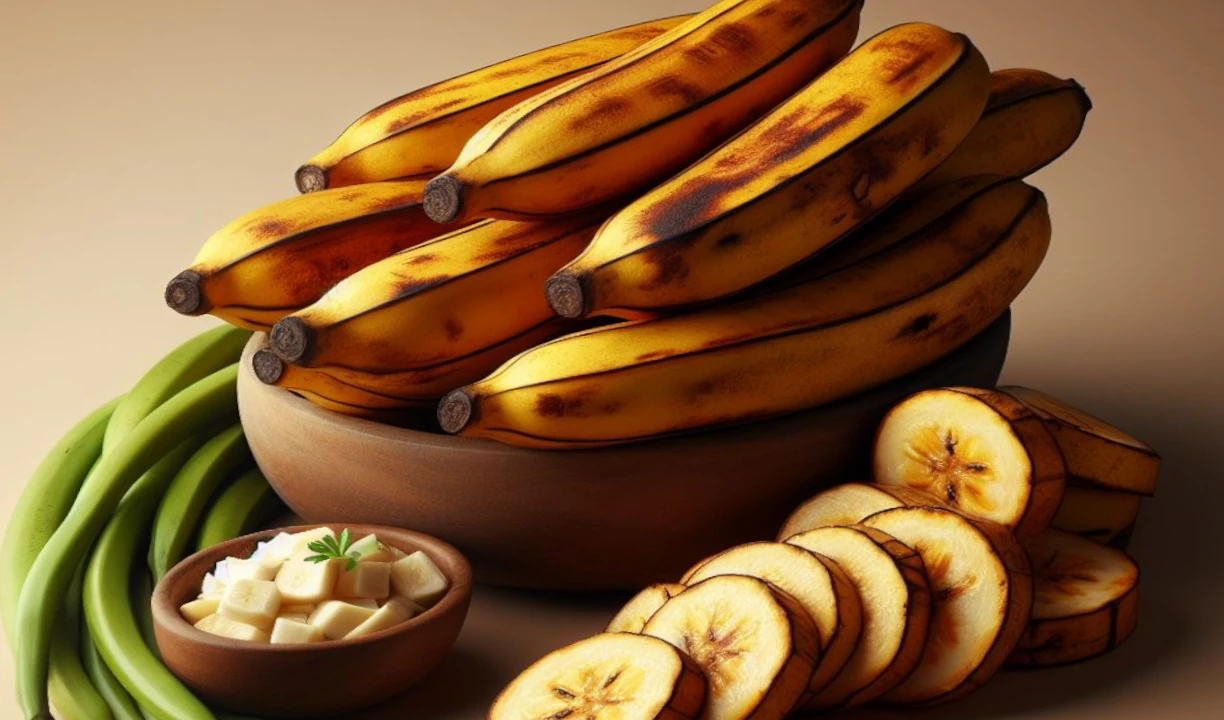Tomato Lysine and Arginine Info Sheet
Overview
A tomato is a red, juicy fruit that is often used in salads, sauces, and soups.It belongs to the nightshade family, along with potatoes, eggplants, and peppers.
Some common varieties of tomatoes are beefsteak, cherry, roma, and heirloom.
Tomatoes are rich in vitamin C, potassium, and lycopene, a powerful antioxidant that may protect against some cancers.
They also contain other phytochemicals, such as beta-carotene, flavonoids, and polyphenols, that may have anti-inflammatory and anti-diabetic effects.
| Name | Lysine (mg/100g) | Arginine (mg/100g) | Ratio |
|---|---|---|---|
| Tomato | 33.3mg | 21.9mg | 1.519 |
Tomato contains 33.3mg of Lysine and 21.9mg of Arginine per 100g of product.
This means Tomato has a high Lysine-Arginine ratio of 1.519.
Because Tomato contains much higher levels of lysine than arginine, it is highly recommended for people who suffer from herpes, as it may prevent outbreaks.
Lysine Considerations
Tomatoes have a moderate amount of lysine, which is an essential amino acid that supports protein synthesis, collagen formation, and immune function.
Lysine also helps prevent cold sores caused by the herpes simplex virus.
Lysine can help prevent or treat cold sores, which are blisters caused by the virus HSV-1, also known as herpes.
Lysine works by blocking the growth of HSV-1, which needs another amino acid called arginine to multiply and infect cells.
Lysine can only be obtained through diet, and can be found in different high-protein foods like dairy, fish, eggs, meat and poultry.
Arginine Considerations
Tomatoes have a low amount of arginine, which is a semi-essential amino acid that plays a role in wound healing, nitric oxide production, and urea cycle.
Arginine may also improve blood flow, lower blood pressure, and enhance sexual function.
Arginine can support your overall health and performance, such as lowering your blood pressure, healing your wounds, and boosting your exercise endurance.
Arginine can be made by the body or obtained from foods like meat, dairy, nuts, and soy.
Unfortunately, the herpes virus is known to "feed" on arginine, and having a diet higher in arginine than lysine may increase the occurrence and severity of cold sores and herpes outbreaks.
Lysine-Arginine Ratio
Tomatoes have a high lysine-arginine ratio, which may be beneficial for people with herpes simplex virus (HSV) infections, as lysine may inhibit the replication of HSV, while arginine may enhance it.
Unfortunately, acidic foods like tomatoes can also trigger a cold sore flare up, and they should be avoided during a outbreak.
Both lysine and arginine play crucial roles in protein synthesis and other metabolic activities.
Interestingly, they have contrasting effects on the herpes simplex virus, which is responsible for cold sores and genital herpes.
Lysine can slow down the virus's ability to replicate, while arginine can promote it.
Consequently, consuming foods with a high lysine to arginine ratio may help decrease the frequency and severity of herpes symptoms.
Foods with a high lysine-arginine ratio include dairy products, fish, poultry, fruits, and vegetables.
These foods can supply the body with sufficient lysine to block the virus's uptake of arginine, thereby preventing its growth and spread.
Dietary Considerations
Most vegetables are poor in in calories and a decent source of in vitamins, minerals, and antioxidants.
Many vegetables have more lysine than arginine, such as beets, turnips, tomatoes, soybean sprouts, potatoes, celery, sweet potatoes, squash, and green beans.
These vegetables can help prevent or treat herpes outbreaks, as lysine can suppress the herpes virus.
Other vegetables have more arginine than lysine, such as peas, carrots, broccoli, cauliflower, and mushrooms.
These vegetables can still be consumed in moderation, as they have other health benefits.
Tomatoes are a good source of lycopene, a powerful antioxidant.
Unfortunately, they are also very acidic which may trigger a cold sore.
Cooking tomatoes can reduce their acidity while increasing the availability of lycopene, which can help fight viruses.
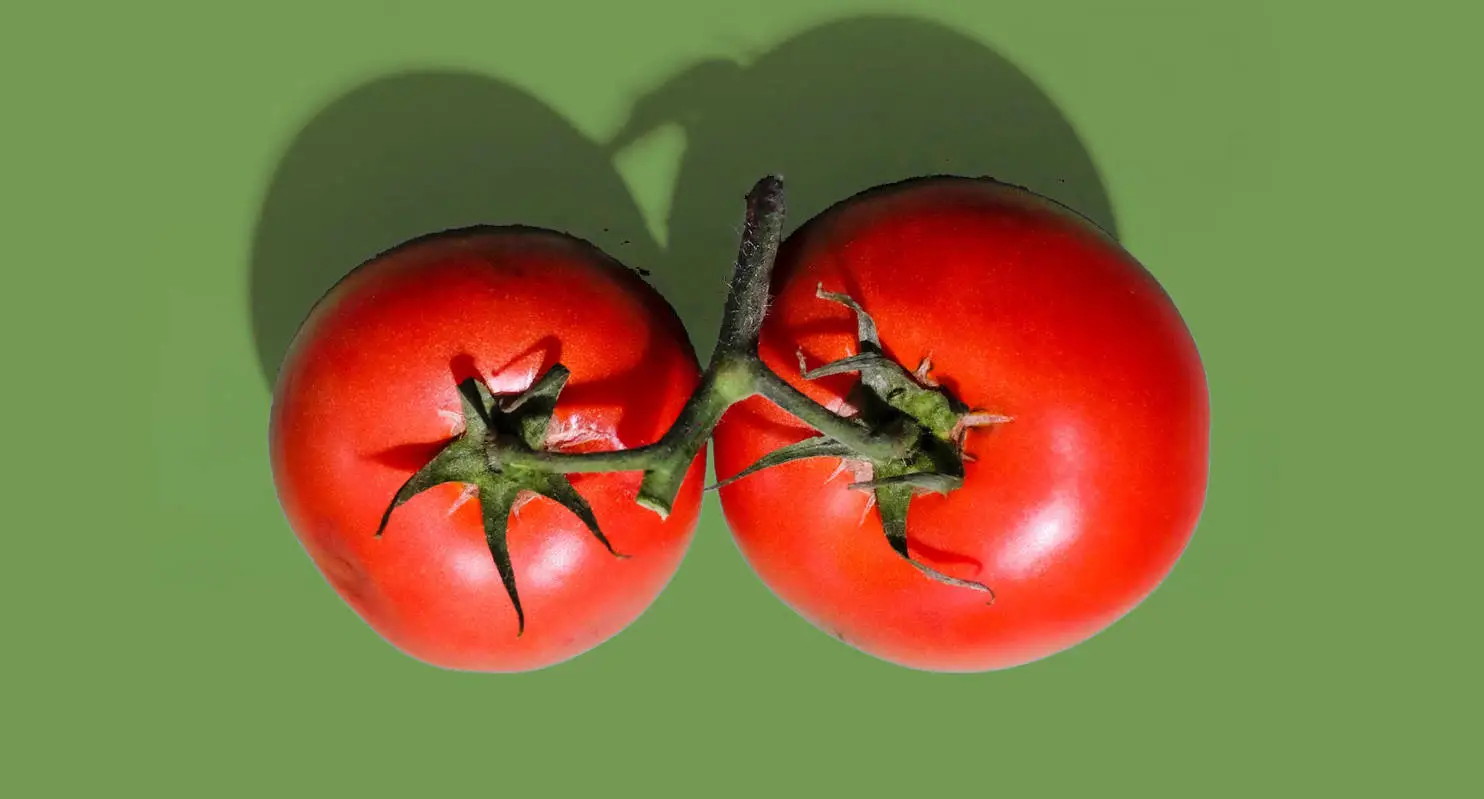
For example:
Eating a balanced and nutritious diet that supports your immune system and reduces inflammation.
This means consuming plenty of fruits, vegetables, whole grains, lean protein, and healthy fats, and avoiding processed foods, added sugars, alcohol, and caffeine.
Drinking enough water to keep yourself hydrated and remove toxins from your body.
Water can also help prevent dryness and irritation of the skin and mucous membranes, which can result in fewer outbreaks.
Consider taking l-lysine supplements, which can help prevent herpes outbreaks and stop a cold sore before it emerges by limiting the availability of arginine for the virus, which it requires to produce a cold sore.
Other food supplements, such as vitamin C, zinc, selenium, and antioxidants, can help you boost your immunity and protect your cells from oxidative stress.
Try eating foods that can enhance your immune system and reduce inflammation to avoid outbreaks.
Some of these foods are honey, yogurt, aloe vera, and chamomile.
They can also help you with your symptoms by easing pain, swelling, and itching, and accelerating your recovery.
Check more food information
